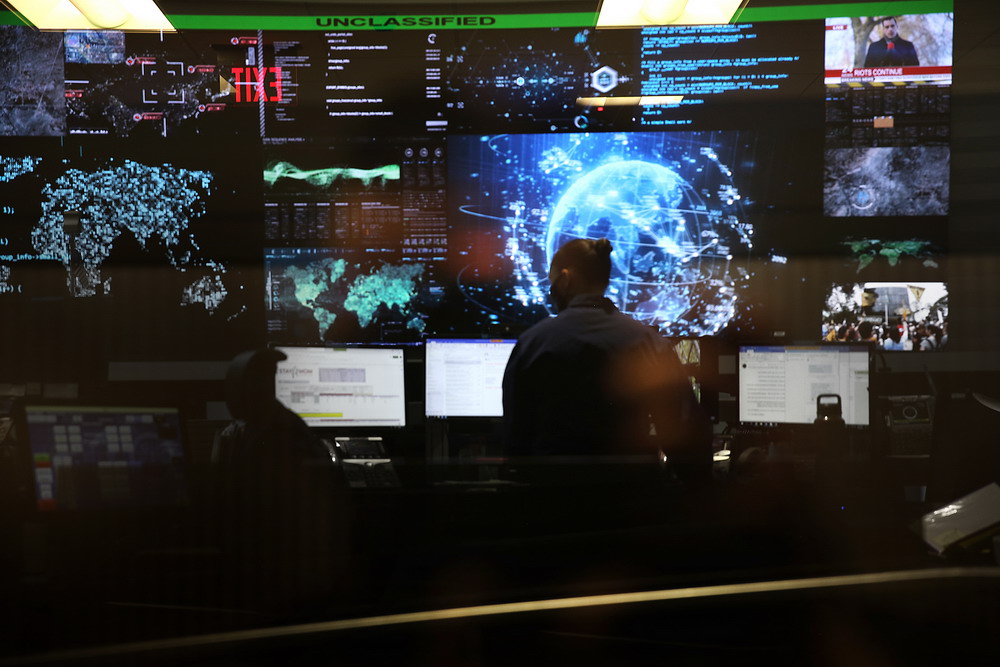The world has yet to experience a ‘Cybergeddon’ or Cyber Pearl Harbor, but that doesn’t mean it should not prepare for one now, says Noelle van der Waag Cowling.
Speaking at the recent Africa Aerospace and Defence (AAD) 2024 Conference on the future of warfare, the Strategy and Innovation Officer at the Cyber Institute said 90% of cyber warfare is espionage with only 10% cyber attacks.
Cyber warfare is mostly about power projection and proxy operations, much of it taking place in the grey zone, beyond the threshold for war.
“The main utility of cyber warfare is to disrupt and degrade the adversary’s competencies, winning you time and space, which is critical on a battlefield.”
In fact, she said, cyber warfare in this instance could be regarded as a de-escalatory tool.
The number of state cyber attacks has increased exponentially in the last 30 years to a point where it is now an integral part of multi-domain warfare and should not be seen as the fifth domain after land, sea, air and space, but rather a horizontal domain that infuses the other four.
“Cyber warfare properly belongs in Joint Ops. The biggest cyber threat is one that brings down critical infrastructure by attacking single points of risk causing power, water or transport failure.”
Infrastructure systems like power and water utilities have built in interdependencies, which means destabilising them through cyber attacks would be quicker than a traditional battlefield approach.
Cyber has and will continue to radically affect the way that wars are conducted, she said, from the military of internet of things ultimately being able to monitor individual soldiers’ conditions with sensors for their water, energy, fitness, ammunition and locale and robotics being used to replenish them in the field.
While cyber would make warfare more efficient, nothing would replace the role of the infantry.
“But forces will be smarter, more highly skilled. It will change force compositions; we will be looking for nerds and geeks. You still need tough guys, but also tough and clever guys.”
The new force compositions would require investments in training and leadership, which in turn would require even closer cooperation with the civil society and possible a cyber citizen force to ensure that critical skills that are also highly sought after in the commercial sector were not lost to the military but retained in a symbiotic manner.
Van der Waag-Cowling warned against the temptation to try to avoid cyber threats by going analogue, citing the recent Israeli attack on Hezbollah through their pager network.
“You have to get into the cyber game, but you need a cyber warfare strategy linked to the national security strategy.”
Cyber warfare should be an arm of state power like economic, diplomatic and military power.
“A cyber strategy can’t stand on its own, and not all cyber attacks should be responded to with a cyber attack. It can be a kinetic attack,” she said.



